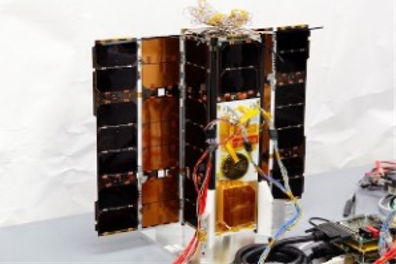The European Space Agency invites everyone to try to hack the European OPS-SAT satellite operating in orbit. This is reported on a website specially created for this occasion event organizers.
The OPS-SAT spacecraft was chosen as the "victim". This is a cubesat about the size of a shoebox, owned by ESA and launched in December 2018. The satellite is considered to be a flying laboratory, where new technical solutions of on-board systems and control systems are tested and confirmed. About 100 companies from 17 European countries are working with the device.
As Sergey Zhukov, Director of the Aeronet Analytical Center (Infrastructure Center), President of the Moscow Space Club, commented to the Bulletin GLONASS magazine, the initiative is very timely and deserves attention.
He also noted that by conducting such "hackathrons" it is also possible to solve the problem of finding talented people who can be involved in the work on the space program.
In Russia, according to him, such initiatives have not yet been carried out. But, as Sergey Zhukov noted, conversations are often conducted, and not only with regard to satellites, but also with regard to the cyber security of drones.

